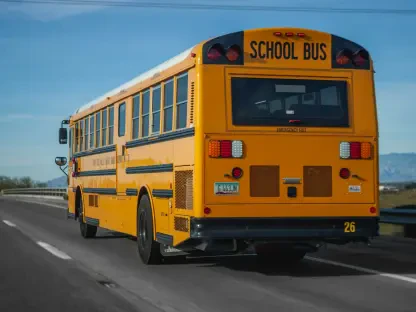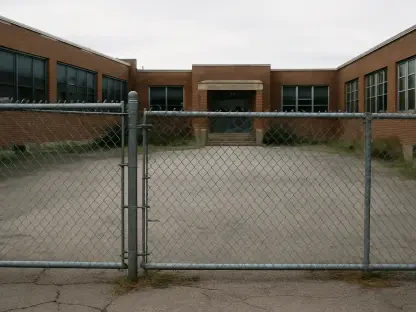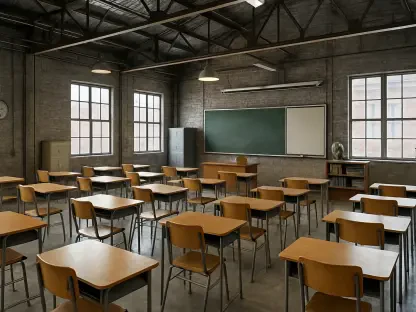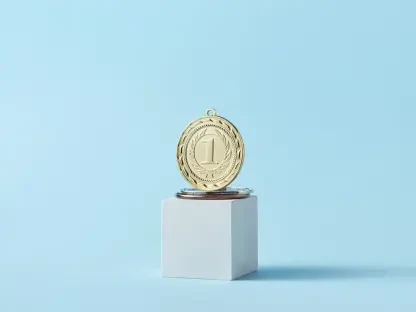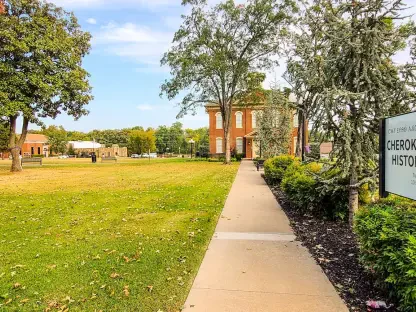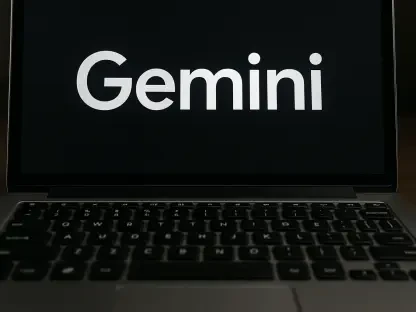Today, we’re thrilled to sit down with Camille Faivre, a renowned expert in education management who has been at the forefront of navigating the complexities of higher education policy, particularly in the post-pandemic era. With a deep focus on open and e-learning programs, Camille has worked closely with institutions to adapt to new challenges. In this interview, we delve into the recent federal ruling on the University of California system’s funding, exploring the broader implications of government actions on academic freedom, civil rights, and institutional autonomy. We’ll unpack the specifics of the court’s decision, the impact on faculty and students, and what this means for the future of higher education under intense political scrutiny.
Can you break down the core elements of the recent federal judge’s ruling regarding the University of California system’s funding?
I’m happy to. The ruling by Judge Rita Lin was a significant pushback against the Trump administration’s approach to the UC system. She issued a preliminary injunction that prevents the federal government from freezing research funding during ongoing civil rights investigations. What stood out was her strong language—she called the administration’s tactics unconstitutional, arguing that they were using these investigations as a pretext to cut funding and pressure universities into aligning with certain ideological stances. Essentially, she saw this as an attempt to control academic discourse, which is a direct threat to institutional autonomy and free expression.
What exactly did the judge mean by the ‘three-stage playbook’ used by the administration against universities like UC?
Judge Lin outlined a very deliberate strategy she observed in the administration’s actions. The first stage involves launching civil rights investigations, often through agencies tied to specific task forces, to create a basis for intervention. In the second stage, they cancel large-scale grants without adhering to proper legal or administrative processes, which disrupts university operations. Finally, in the third stage, the Department of Justice steps in, demanding hefty financial penalties or policy changes to restore funding. It’s a coercive cycle designed to force compliance, and in the UC case, it was clear this pattern was being applied with precision.
How did the administration’s actions specifically impact UCLA, based on the details of this ruling?
UCLA became a focal point in this saga. The administration froze $584 million in research funding, citing the university’s handling of a pro-Palestinian protest encampment in 2024 as a violation of civil rights laws. They argued UCLA didn’t do enough to protect certain students during that period. Beyond the funding freeze, they demanded a staggering $1.2 billion penalty to settle the issue and restore the funds. This kind of financial threat isn’t just a penalty—it’s a mechanism to force the university to bend to external demands, and it’s had a ripple effect across the campus.
The judge also highlighted settlement demands that weren’t directly tied to the stated civil rights concerns. Can you explain what those were?
Absolutely. What Judge Lin pointed out was quite revealing. The administration wasn’t just addressing the alleged civil rights violations; they were pushing for broader policy shifts at UCLA that had little to do with the original issue of antisemitism. For instance, they wanted changes in how the university manages student protests, essentially limiting free expression on campus. They also pressed for alignment with their views on gender issues and demanded a reevaluation of diversity, equity, and inclusion programs. It’s a clear overreach, using funding as leverage to dictate ideological conformity rather than addressing specific grievances.
What kind of impact has this situation had on faculty within the UC system, particularly at UCLA?
The impact on faculty has been profound and deeply concerning. Many have altered how they teach and conduct research out of fear of retaliation. They’re less likely to engage in public discourse or participate in protests, which are fundamental rights in academia. Judge Lin noted specific instances of self-censorship—faculty removing references to diversity or structural racism from their materials and websites to avoid drawing attention. This kind of environment stifles academic freedom and undermines the very purpose of a university as a space for open inquiry and debate.
There’s been a lot of talk about a ‘chilling effect’ on First Amendment rights in this ruling. Can you unpack what that means in this context?
The ‘chilling effect’ refers to the way these government actions create an atmosphere of fear that discourages people from exercising their constitutional rights, particularly freedom of speech. For faculty and students at UCLA and across the UC system, this means hesitating to speak out on controversial topics or participate in protests because they worry about personal or institutional repercussions, like funding cuts or investigations. Judge Lin argued that this wasn’t an accident—it was the intended outcome of the administration’s strategy, to silence dissenting voices and control the narrative on campus.
While the judge criticized the government’s approach, she also acknowledged the importance of addressing antisemitism. How did she view UCLA’s efforts in this area?
Judge Lin was careful to recognize that combating antisemitism is a valid and critical concern. However, she pointed out a significant flaw in the government’s case against UCLA. There was a lack of clarity or evidence about what UCLA did or didn’t do between the 2024 protest encampment and the Department of Justice’s conclusions in 2025 that the university violated civil rights laws. She criticized the administration for not acknowledging any steps UCLA might have taken to address antisemitism during that period, suggesting their approach was more punitive than constructive, focusing on punishment rather than collaboration.
Looking ahead, what is your forecast for the future of higher education policies under this kind of political pressure?
I think we’re at a crossroads. If federal actions like these continue unchecked, we risk seeing a fundamental erosion of academic freedom and institutional independence. Universities could become battlegrounds for political agendas rather than centers of learning and critical thought. On the other hand, rulings like Judge Lin’s offer hope that the judiciary can act as a safeguard, reinforcing the importance of constitutional protections in education. My forecast is cautiously optimistic—I believe universities will increasingly fight back through legal channels, but it will require sustained advocacy from faculty, students, and administrators to protect the core mission of higher education. We’re likely to see more tension before any lasting resolution.


